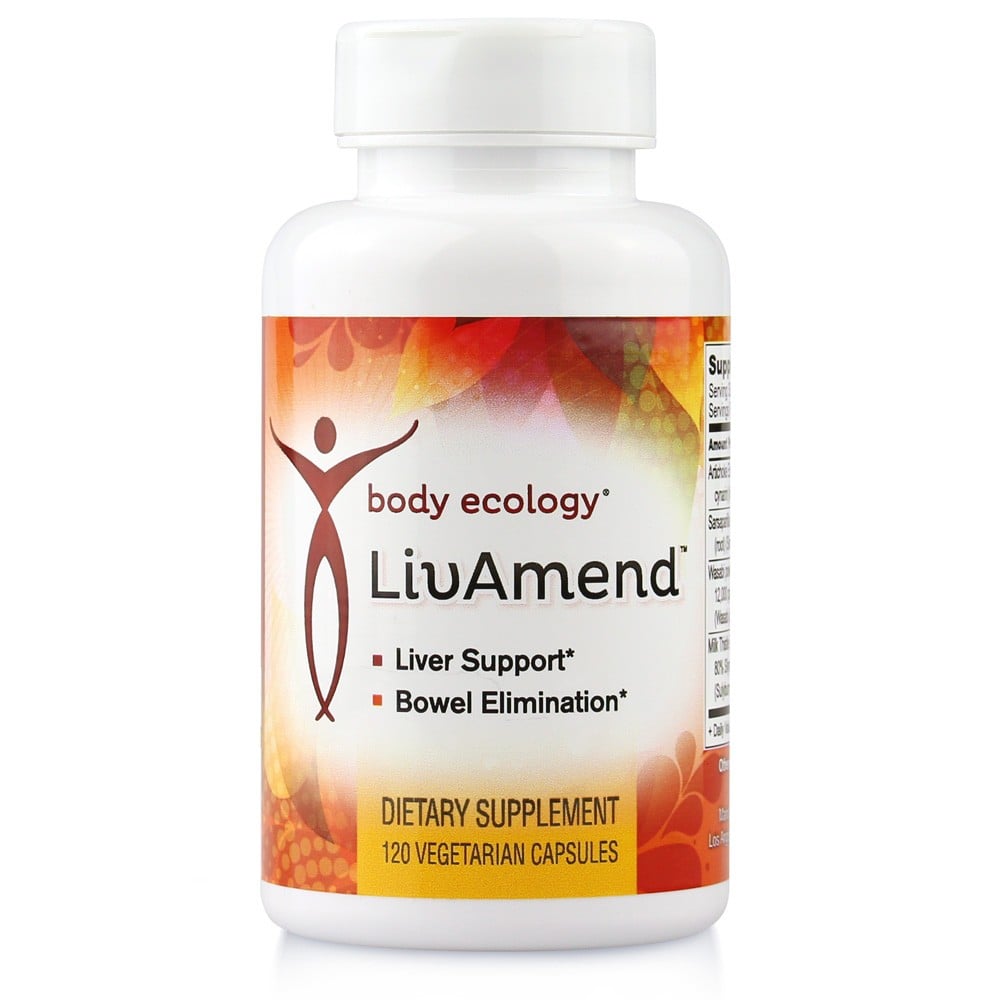Post-Holiday Detox: How to Properly Cleanse at the Beginning of the Year
The holiday festivities may be over. For your gastrointestinal tract however, there is a constant arrival of guests and things to do. Occasionally giving your gut a break allows your body to do a little clean-up, lifts your overall energy and promotes a feeling of wellbeing.
When is the best time to do a cleanse?
From a Traditional Chinese Medicine (TCM) perspective, fasting or eating a cleansing diet is appropriate during the spring season. At this time, Wood energy is abundant and pushes the qi, or the body’s energetic force, to the surface. This means that a cleansing diet will easily drive out toxins and pathogens from the body.
During the winter months, the qi is said to reside at a deep level within the body. This is why traditionally winter is seen as a time of rejuvenation and rest. Eating foods that enter the body deeply and nourish energy reserves is especially appropriate during winter.
Another concept that comes from Chinese medicine is eating in accord with the weather. This means that when it is cold outside, it is best to eat cooling foods. And when it is warm, it is likewise best to eat warming foods. While this may seem counter-intuitive, foods and seasons each have a different impact on the body. Because food is ingested, its temperature adjusts the temperature of the body. The weather, however, always remains external. Therefore, when we eat warming foods during the interval months of spring and autumn, this actually promotes balance between the internal environment of the body and its external environment. (1)
A master Chinese herbalist Shi-Chen Li (1518 – 1593) wrote:
In the spring, one should eat more pungent and warm foods to stay in harmony with the upward movement of the season; in the summer, one should eat more pungent and hot foods to stay in harmony with the outward movement of the season; in autumn, one should eat more sour and warm foods to stay in harmony with the downward movement of the season; in winter, one should eat more bitter and cold foods to stay in harmony with the inward movement of the season.
From this perspective, eating foods that cool and detoxify the body during the winter months makes perfect sense.
A cleanse can be as simple as eating less dense foods.
When deciding to cleanse, the first thing to remove are all processed foods and refined foods. Meats, dairy, eggs, seed or nut oils, and grains are all very strengthening to the body and it is best to leave these out of your diet during the cleansing process, which can be anywhere from 1 – 3 days. Even winter gourds and potatoes are extremely tonifying to the body and therefore less cleansing.
Beginning and ending your day with a warm cup of lemon juice and water will support the detoxification process. In the body, lemons are alkalizing and according to Chinese medicine theory, they disperse phlegm and mucous. Also, be sure to include probiotics, the friendly microflora that benefit the immune system and help break down toxins and carcinogens in the intestinal tract.

Adding Body Ecology LivAmend to your daily regime purifies the blood and supports the liver and large intestine, two of the main organs involved in the cleansing process.
During the day, drinking the broth or eating the soup below will gently remove toxins that have accumulated in the body and clear heat in the system, which is the product of a heavy diet.
Winter Detoxifying Soup:
- head of chinese cabbage
- bunch of celery
- several carrots
- 3 -4 shitake mushrooms
- 2 -3 inches of burdock root
- peel of one tangerine
- one inch piece of turmeric root
- 1 c. mung beans
- 1/2 c. job’s tears
- strip of kombu seaweed
- celtic sea salt to taste
- When possible, make sure all ingredients are organic. Roughly chop the cabbage, celery, carrots, mushrooms and burdock root. Finely chop the turmeric.
- Fill a large cooking vessel with plenty of water. Place kombu strip in water.
- If using mung beans or job’s tears, add these, bring to a boil and cook first for 20 minutes on very low heat.
- Next, add vegetables, roots and the mushrooms.
- Let everything simmer on a low flame for 20 – 30 minutes.
All of the ingredients of this soup are cooling, detoxifying and many, such as cabbage and turmeric, treat inflammation. The medicinal value of the soup is in the liquid.
WHAT TO REMEMBER MOST ABOUT THIS ARTICLE:
For many people, the holiday season is a time of family, celebration, and, yes – lots of food. Giving the digestive system a chance to restore balance is incredibly beneficial. If done correctly, a gentle cleanse can be accomplished any time of the year!
PRODUCT RECOMMENDATIONS:
- Body Ecology Coconut Water
- Body Ecology Kefir Starter
- Body Ecology LivAmend
REFERENCE:
1. Lu, Henry C. Chinese Natural Cures: Traditional Methods for Remedy and Prevention. New York: Black Dog and Leventhal Publishers, 2005. 293.









